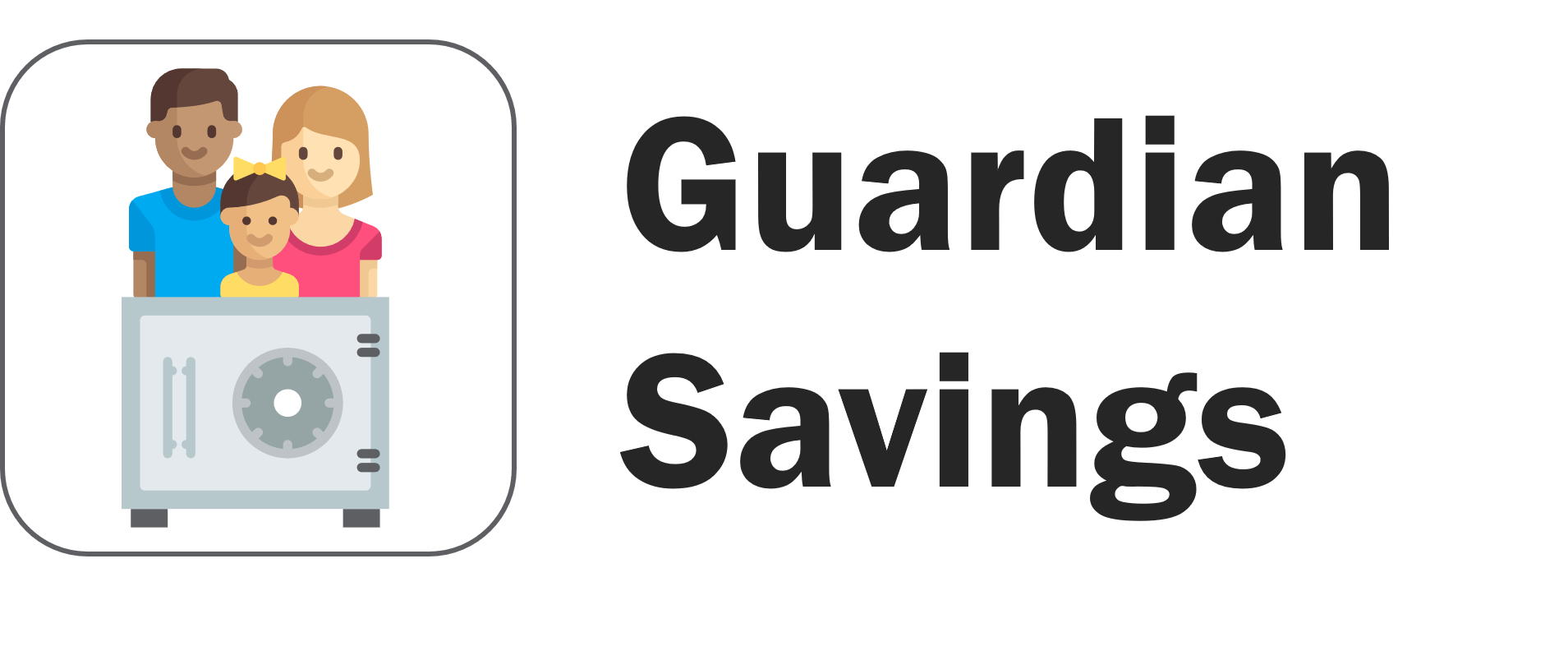What is Financial Literacy Anyway?
Guardian Savings’ mission is is to teach children to become financially literate. But what does that really mean?
To be financially literate means you understand key concepts and apply core skills that allow you to effectively save, invest, manage debt, and all together deal with money. Being financially literate does NOT mean you get it right every time, or that you are immune from financial hardships. But it does mean you have the know-how to optimize your personal finances based on the cards that life deals you. When challenges arise, you can lean on your knowledge to get yourself back on track.
According to data compiled by the Financial Industry Regulatory Authority, 61% of Americans are financially illiterate . This means more than half of Americans may not have the skills to effectively manage their accounts, bills, debt or plan for the long term. Regardless of your age or socioeconomic background, everyone can benefit from mastering some core financial skills and concepts.
Here’s what it means to practice financial literacy
Plan for a catastrophe
Everyone’s financial plans should start with an emergency fund and insurance. It is important to take precautions around your financial situation so that you are not stuck with bills you cannot afford to pay.
Plan for the long and near-term
Figure out your big-picture financial goals. Do you want to own a house? Get an education? Visit all the wonders of the world? Regularly check-in on what your goals are and their feasibility. Adjust your short-term tactics (such as using budgets, reconciling your expenses, etc.) to support your long-term goals.
Stick to your plans!
Be mindful of your day to day expenses by regularly monitoring spending or maintaining budgets. Have the presence of mind to say no to impulse purchases or nice-to-haves so you can accomplish your goals. There are lots of ways to do this from regularly checking your bank account to using apps that analyze transactions across accounts and cards.
Use Debt Wisely
Debt can be a great tool to help you achieve your goals, but it can also be a trap that holds you back from happiness. Use debt strategically and only take on manageable amounts. Before taking out a big loan, make sure to shop around for the best terms or consider refinancing if there is an improvement in your credit score or the market interest rate!
Understand Key Terms and Concepts
Getting comfortable with financial lingo can be daunting. However, once you get a basic understanding of terms like interest APY, fixed vs variable rate, Roth vs traditional IRA, etc you will be better prepared to understand financial products (and their confusing contracts) that can help you achieve your goals or avoid a pitfall.
Awareness of tools and advanced financial products
You should have a basic knowledge of the financial products available for investment, insurance, debt, taxes, retirement, etc. Understand the basics of how they work and when they should be used. If considering a new financial product, compare companies to make sure you are getting the best product.
Conclusion
There’s a lot that goes into being financially literate, which is why it is important to start educating and practicing responsible behavior with your children early. Our app is currently designed for elementary aged children, but we are actively planning features that teach all of the above through a fun and practical experience. More information about our future plans are available at guardiansavings.org/whats-coming.
Let us know what you think or if there is some wisdom you would like to share with the rest of the community!
